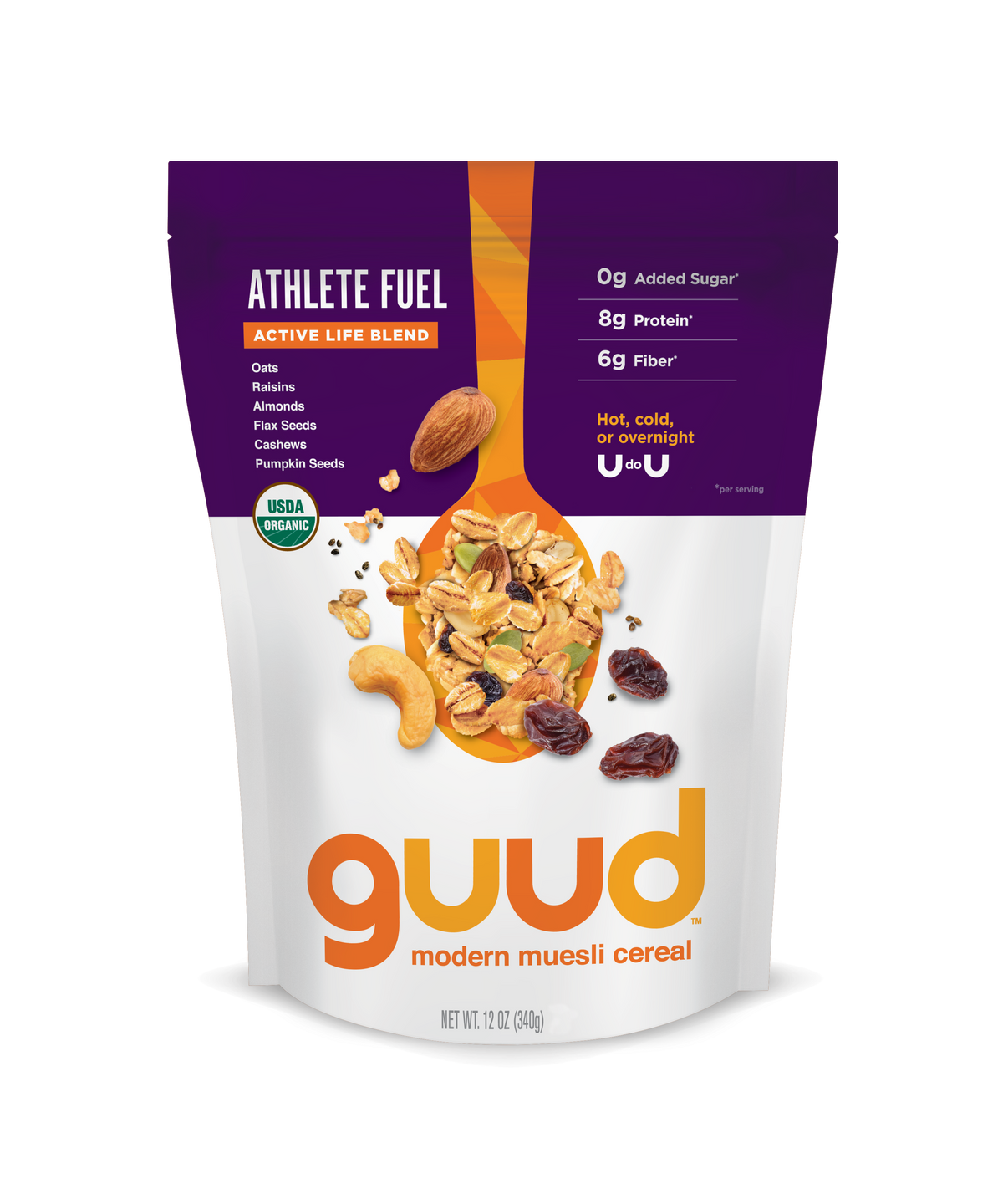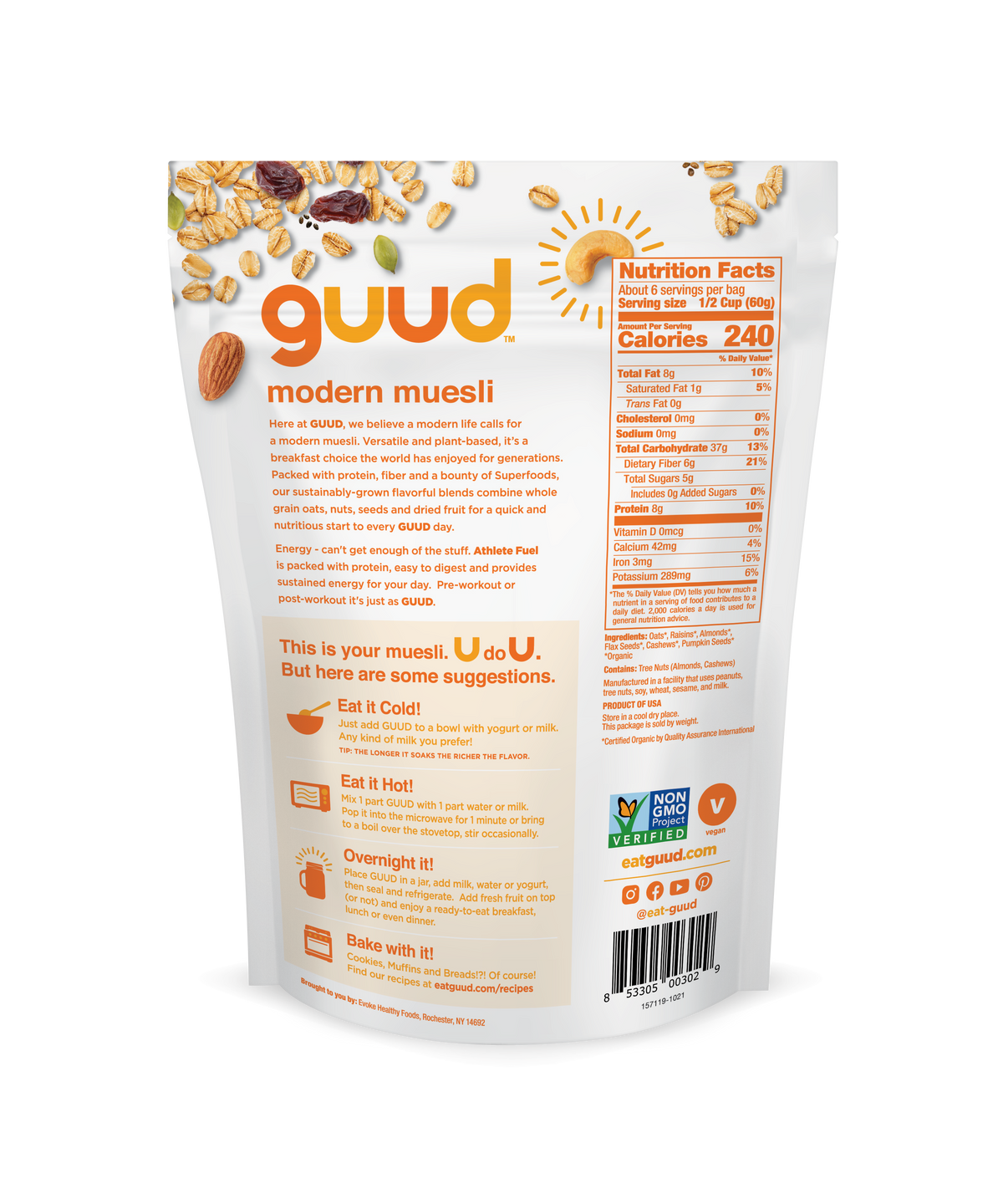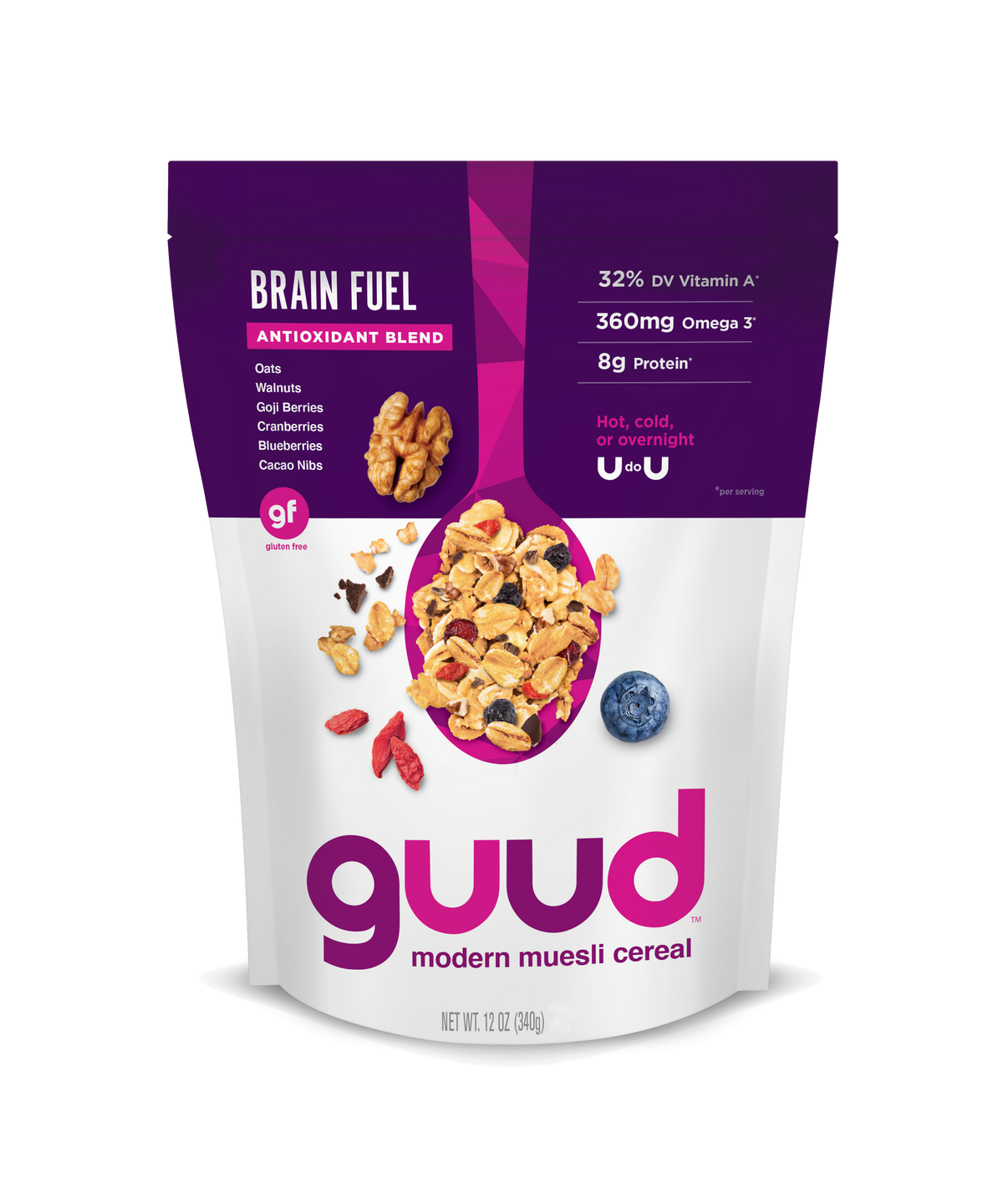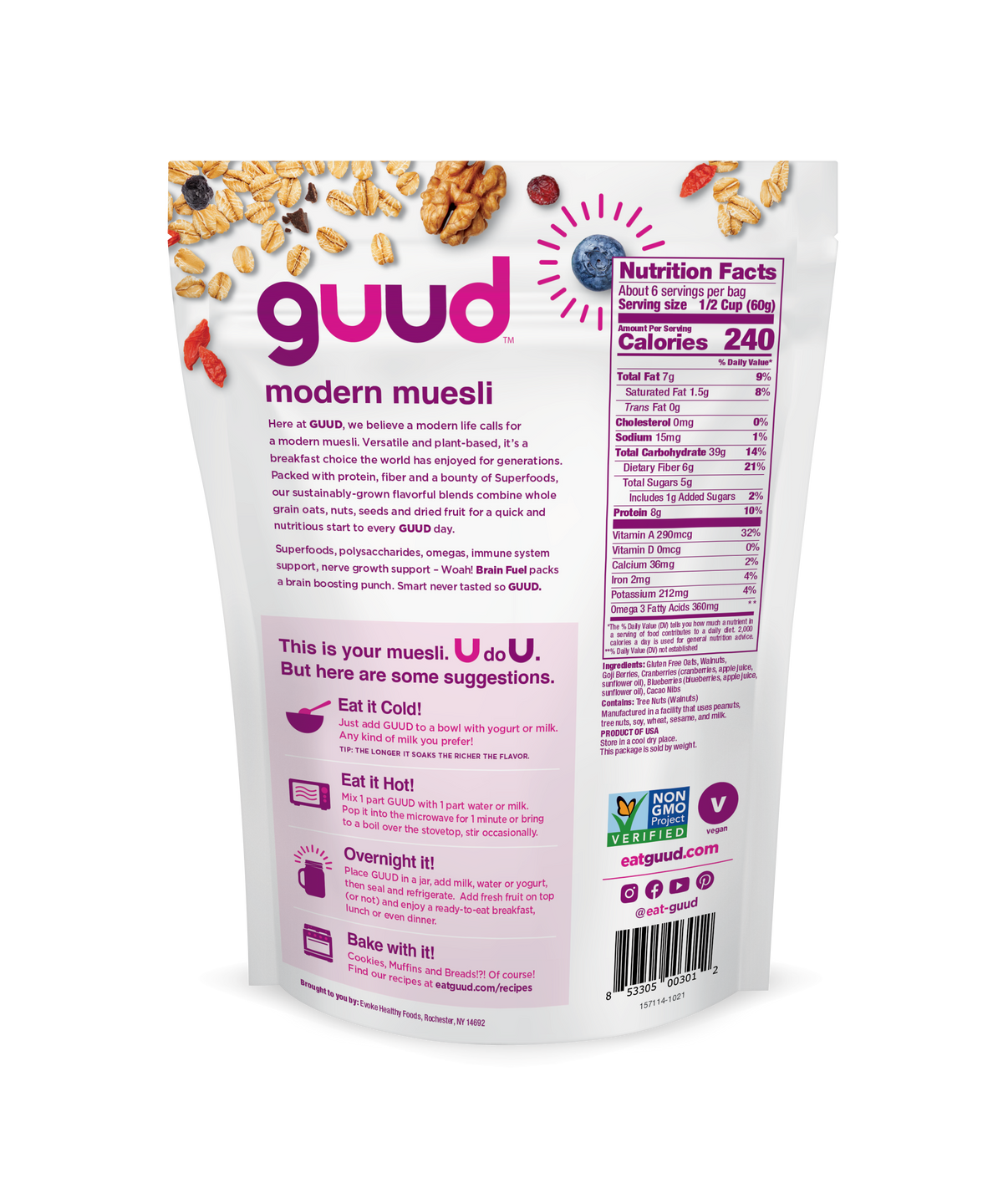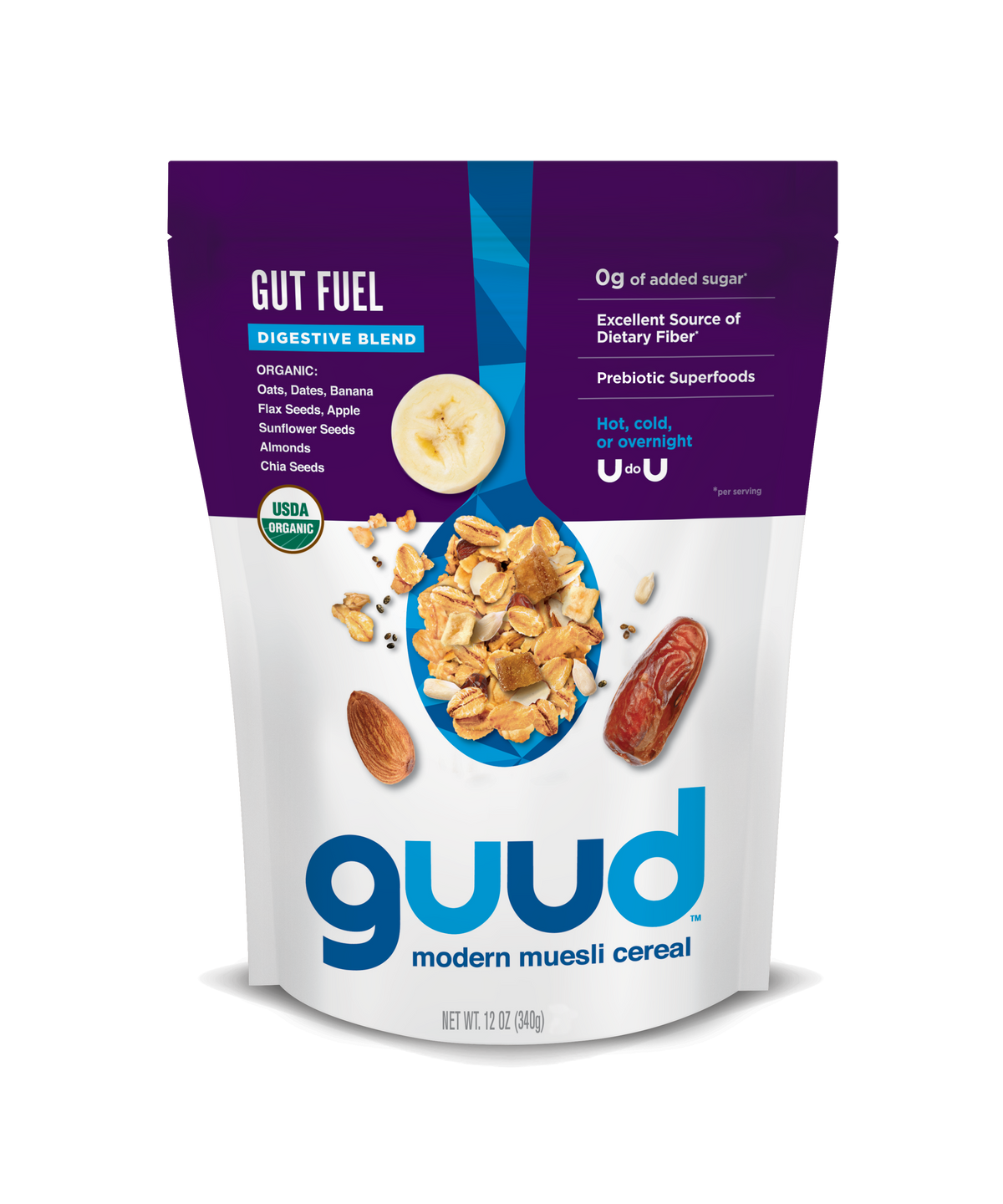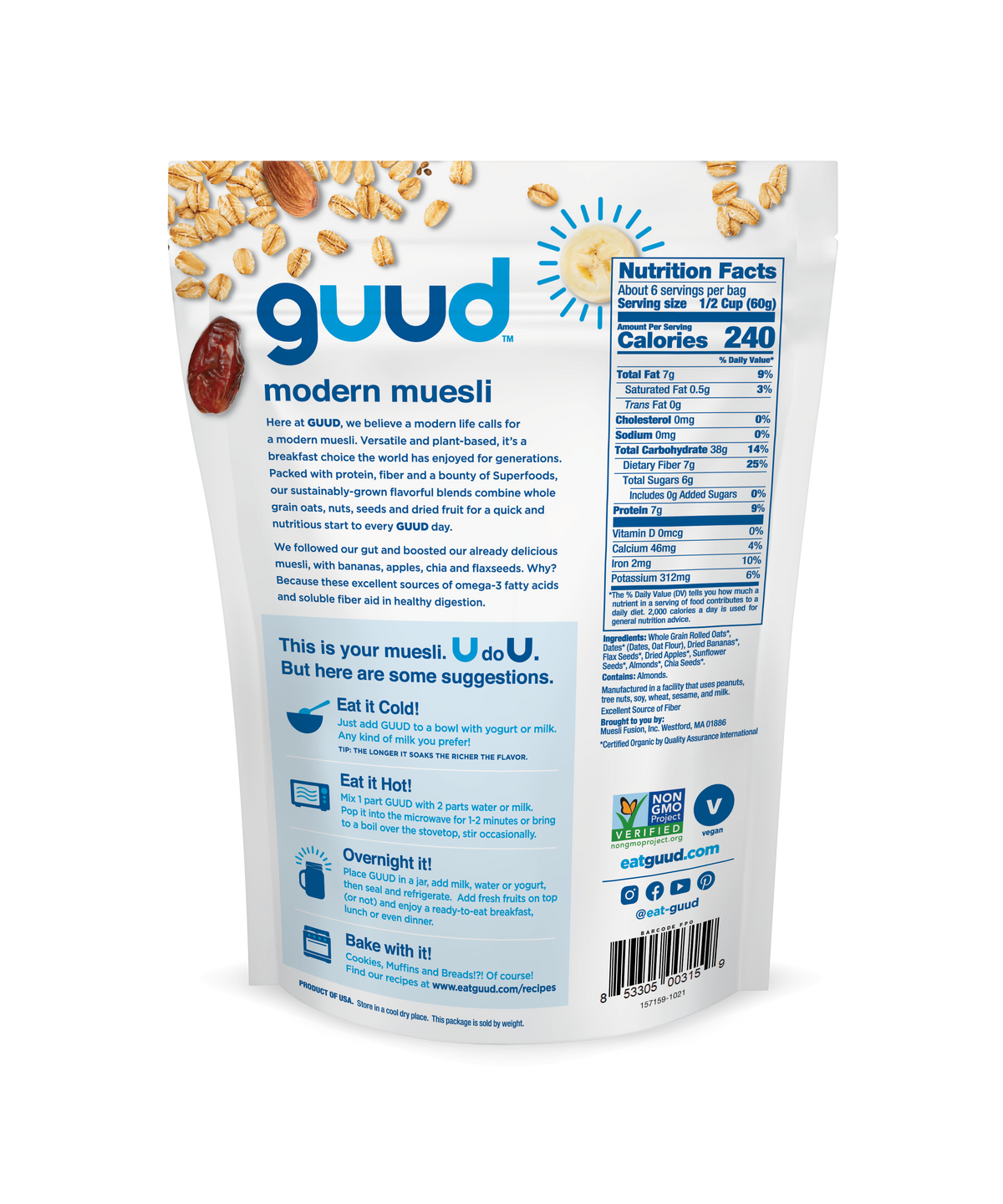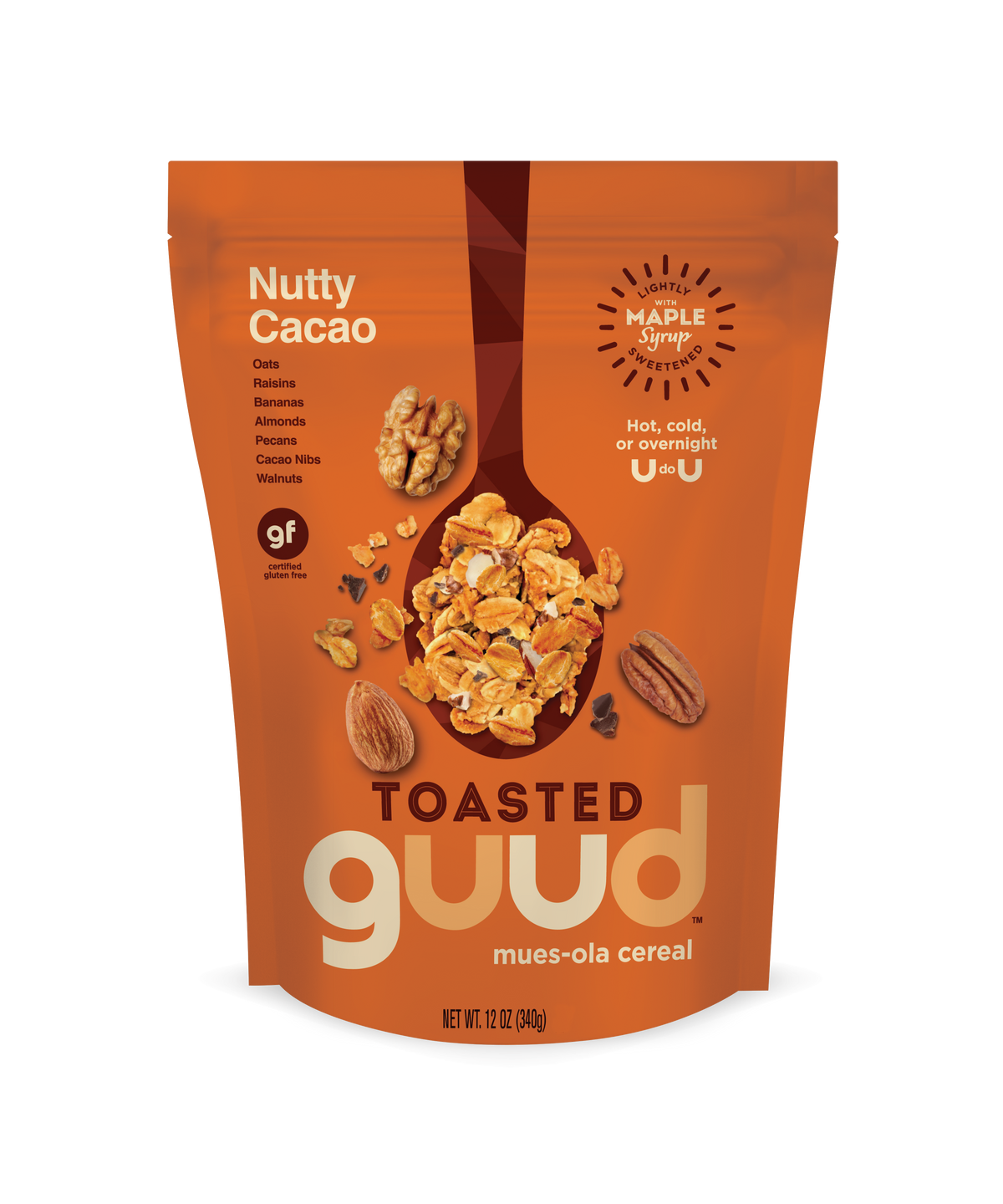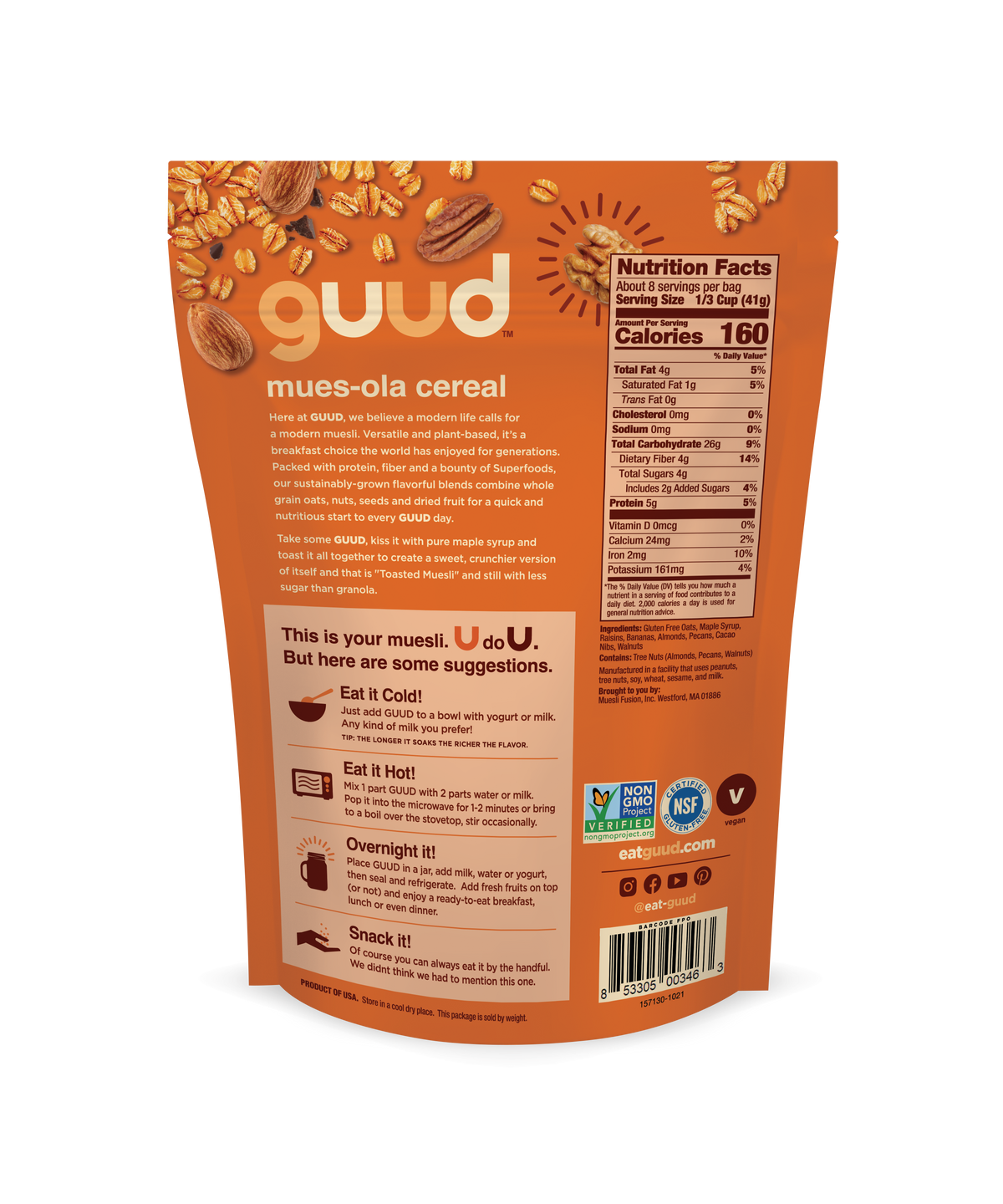What do brightly colored "superfoods" like berries, dark cocoa, and spinach all have in common? They're full of antioxidants, which help to protect the brain and other organs by neutralizing free radicals and preventing cellular damage. Antioxidants also have the capability to reduce oxidative stress and inflammation, two key factors involved in many neurological disorders.
The brain is particularly vulnerable to cellular damage because of its high metabolic rate and high levels of oxygen consumption. When brain cells and structures slowly become damaged over time, it's linked to a variety of neurological disorders, including Alzheimer's disease, Parkinson's disease, and stroke.

Antioxidants can be obtained through a healthy diet rich in fruits, vegetables, and other nutritious foods, such as whole grains, herbs, spices, and teas. Let's look at how antioxidants work to defend cognitive function, plus meal ideas for adding more of them to your diet.
What Do Antioxidants Do For the Brain?
Antioxidants are molecules that help to protect cells from damage caused by oxidative stress and free radicals. To help you better understand how antioxidants work, let's look at the age-related processes (including cognitive decline) that they help defend against:
- Free radicals are highly reactive molecules that can damage parts of cells including proteins, lipids, and DNA. They're produced as a natural byproduct of cellular metabolism. Their production can be increased due to an unhealthy lifestyle and factors such as exposure to pollution, radiation, and certain chemicals.
- Oxidative stress, similar to free radical damage, describes a physiological state that occurs when there's an imbalance between the production of reactive oxygen species (ROS) and the body's ability to neutralize or detoxify them. It's increased by environmental pollutants, smoking, alcohol consumption, and a diet high in processed foods.
- Inflammation in the brain occurs when immune cells in the brain, called microglia, become activated and release cytokines and other inflammatory molecules. This can lead to a cascade of events that can damage brain cells and disrupt normal brain function. Factors that can contribute to brain inflammation include infections, traumatic brain injury, exposure to environmental toxins, chronic stress, and unhealthy lifestyle habits such as poor diet and lack of exercise.
Research suggests that antioxidants may have several specific benefits for the brain, including:
- Improving cognitive function: Some studies have suggested that antioxidant-rich diets may help to improve cognitive function, such as memory and learning.
- Reducing the risk of neurodegenerative diseases: By protecting brain cells, they reduce the risk of cognitive decline associated with aging.
- Improving mood: Some studies have suggested that antioxidants may help to improve mood and reduce symptoms of depression.
Best Antioxidants for Brain Health
According to neurology and longevity experts, one of the best ways to help protect the brain from oxidative stress and inflammation is to eat a healthy diet, especially one that includes a variety of colored plant foods. In other words, you want to "eat the rainbow"!

Fruits, vegetables, herbs, spices, teas, and other "superfoods" are great sources of antioxidants that protect brain cells and structures (of course, regular exercise, sleep, and stress reduction techniques play a role in health as well).
Which antioxidants are most important to seek out? There are several antioxidants that have been shown to be particularly beneficial for brain health.
Here are some of the most well-studied antioxidants and foods that have been shown to have positive effects on the brain:
- Vitamin E: Vitamin E is a fat-soluble antioxidant that has been shown to help protect the brain from oxidative damage. It is found in high amounts in nuts, seeds, and vegetable oils.
- Vitamin C: Vitamin C is a water-soluble antioxidant that has been shown to protect the brain from oxidative damage and improve cognitive function. It is found in high amounts in citrus fruits, berries, and leafy green vegetables like spinach and kale.
- Beta-carotene: Beta-carotene is a precursor to vitamin A and a powerful antioxidant that has been shown to help protect the brain from oxidative damage. It is found in high amounts in orange and yellow vegetables such as carrots, sweet potatoes, and squash.
- Flavonoids and polyphenols: Flavonoids are a group of plant-based polyphenol antioxidants that have been shown to support cognitive function. They are found in high amounts in berries, tea, and dark chocolate.
- Omega-3 fatty acids: While not technically an antioxidant, omega-3 fatty acids and other unsaturated fats have been shown to have antioxidant and anti-inflammatory effects that can benefit the brain. They are found in high amounts in fatty fish such as salmon, as well as in flaxseeds, chia seeds, and walnuts.

Foods Rich in Antioxidants + Healthy Meal Ideas
There are many foods that are rich in antioxidants, but here are some of the top sources:
- Berries: Blueberries, raspberries, strawberries, blackberries, and cranberries are all rich in antioxidants, particularly anthocyanins.
- Dark chocolate: Dark chocolate contains flavanols, which are antioxidants that can help to protect organs including the heart and brain.
- Grapes and cherries: Grapes are rich in resveratrol, flavonoids, and phenolic acids.
- Almonds, walnuts, and pecans: Nuts are rich in antioxidants, particularly flavonoids and tocopherols.
- Flax and chia seeds: In addition to walnuts and flaxseed oil, these are among the best plant sources of omega-3s.
- Whole grains: Some whole grains, such as rolled oats, brown rice, quinoa, and barley contain various types of antioxidants including phenolic acids, flavonoids, and lignans. These antioxidants help to reduce inflammation and have been linked to protection against a range of chronic health conditions including heart disease, cancer, and diabetes.
- Artichokes: Artichokes are a good source of antioxidants, particularly chlorogenic acid.
- Kidney beans: Kidney beans are rich in antioxidants, particularly anthocyanins, and flavonols.
- Leafy greens like kale and spinach: Greens are very high in carotenoids, vitamin C, and vitamin E.
- Broccoli and cruciferous veggies: Broccoli is a good source of antioxidants, particularly vitamin C, vitamin E, and flavonoids.
- Red wine: Red wine contains resveratrol, a polyphenol that has been shown to have antioxidant and anti-inflammatory effects.
Because different antioxidants work in different ways, plus they have synergistic effects, the best approach to eating for brain health is to consume a wide variety of antioxidant-rich foods.
Here are a few examples of meals that are rich in antioxidants:
- Breakfast: Oatmeal berry smoothie—Blend together muesli, frozen berries, banana, almond milk, and a scoop of protein powder. If you'd like, add fresh berries, sliced almonds, and chia seeds on top.

- Lunch: Spinach salad with roasted vegetables—Toss together baby spinach, roasted sweet potatoes, bell peppers, and red onion, and top with sliced avocado and a sprinkle of pumpkin seeds. Dress with a simple vinaigrette made with olive oil and balsamic vinegar.
- Dinner: Grilled salmon with roasted broccoli and quinoa—Grill a salmon fillet and serve alongside roasted broccoli drizzled with olive oil and garlic. Serve with a side of quinoa tossed with chopped herbs and lemon juice.
- Snack: Dark chocolate and nuts.
- Dessert: Homemade oatmeal cranberry cookies—Use low-sugar muesli and dried fruit along with honey and seeds.
How Eating Muesli Supports Brain Health
Muesli can be a good option for cognitive health for several reasons:
Rich in whole grains: Muesli is typically made with a combination of rolled oats, whole grains, nuts, and seeds. Whole grains are an important source of complex carbohydrates, which provide the brain with a steady supply of glucose, its primary energy source. Plus, grains includng oats provide phytic acid and plant lignans and other anti-inflammatory compounds.
High in fiber: Muesli is high in dietary fiber, which has been linked to a healthier gut microbiome and "gut-brain connection." A well-functioning gut may help improve cognitive function and reduce the risk of cognitive decline. Fiber can also help to regulate blood sugar levels,
Contains healthy fats: The brain requires a steady supply of healthy fats for various functions. Muesli contains nuts and seeds, which are a good source of healthy fats such as omega-3 fatty acids. Omega-3 fatty acids have been linked to improved cognitive function and a reduced risk of cognitive decline.

Provides a variety of vitamins and minerals: Muesli is made with nuts, seeds, and dried fruits, which are a good source of vitamins and minerals such as vitamin E, vitamin B6, and iron which are needed for optimal brain health.
Overall, muesli products, such as our Brain Fuel Gluten Free Muesli, provide a variety of nutrients that are important for brain and cognitive health. Plus, muesli can be combined with other brain-boosting foods, such as yogurt and fruit (and even greens in smoothies!), to create a well-rounded meal that energizes you, defends against inflammation, and regulates your blood sugar.



